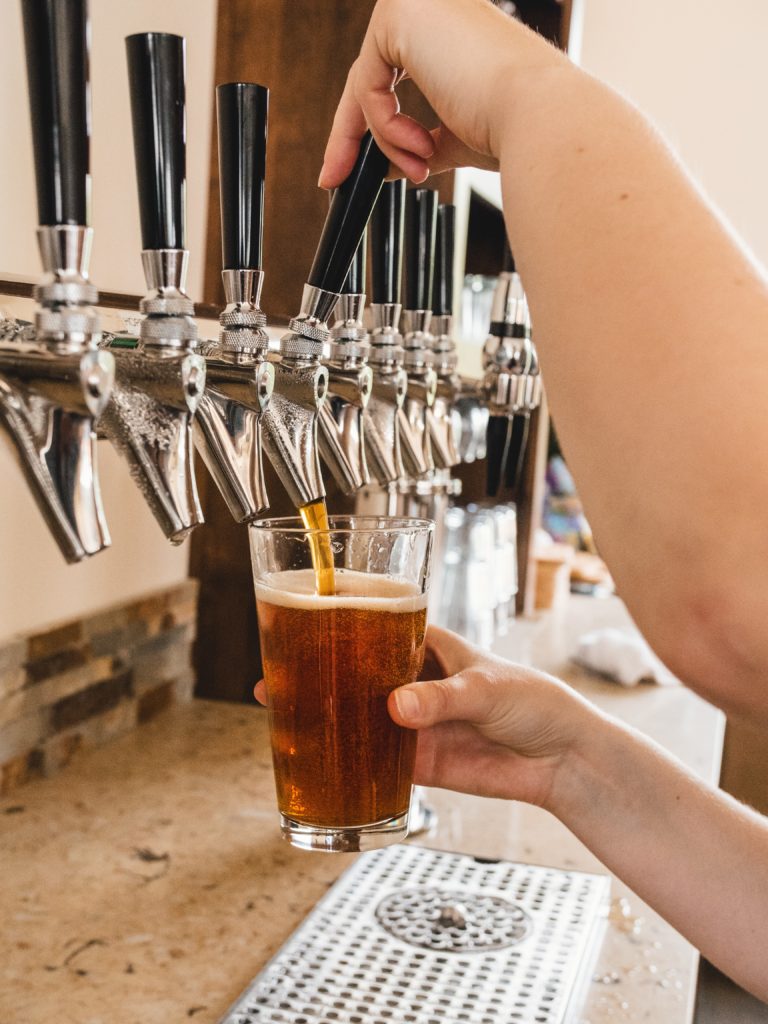3 Considerations for Opening an Additional Florida Brewery or Taproom

It’s natural to want to expand a successful brewery and taproom to new parts of the state. Before launching that second Florida location for your brewery or taproom, Florida brewery owners should pay attention to the following three considerations.
Consideration No. 1: A New Manufacturing License is Required for the New Location
Even if you won’t be manufacturing at the New Location, a new Florida alcoholic beverage manufacturing license is still required for the space. This a requirement because the owners and managers of the Original Location are already associated with the manufacturing license for that location. This puts them in the First Tier of the Three Tier System, and it means that they cannot have an interest in a license that is in the Second Tier (distributor) or Third Tier (retail) unless and exception applies. For this reason, the New Location first needs its own manufacturing license, and then it can add a retail license for the same location. The manufacturing license can be another CMB license ($3,000 per year), but it could also be an AMW winery license ($1,000 per year)—either manufacturing license will work. Having a CMB license or an AMW license for the New Location does not obligate to manufacture any products in that space.
Consideration No. 2: There are Limits to Transferring Beer Between Locations
Florida Beverage Law puts a limit on how much beer can be transferred from the Original Location to the New Location without going through a licensed distributor. A brewery company can only transfer from the one manufacturing location to another manufacturing location an amount of beer that equals the yearly production amount at the receiving location. For instance, if the Original Location produces 1,000 barrels and the New Location produces 100 barrels in a year, you can only directly transfer 100 barrels from the Original Location to the New Location. To transfer more to the New Location, the beer must go through a licensed distributor. This is true even if the New Location does not product any beer—in that situation, all beer going from the Original Location to the New Location must go through a distributor.
Consideration No. 3: Separate Operations and Tax Reporting is Required for Each Location
Having a second manufacturing license for the New Location, the brewery company will be required to submit separate monthly operations reports and state excise tax payments to the Florida Division of Alcoholic Beverages and Tobacco (ABT) and submit separate quarterly reports and federal excise payment to the federal Alcohol and Tobacco Tax and Trade Bureau (TTB). At the state and federal levels, operations reports and excise tax payment are tied to the license number. You cannot combine activities for multiple locations onto one operations report.
Do you have any questions about opening an additional Florida brewery or taproom location? Contact us at contact@brewerlong.com to schedule a consultation with a beverage attorney.
Because we’re attorneys: Disclaimer.

